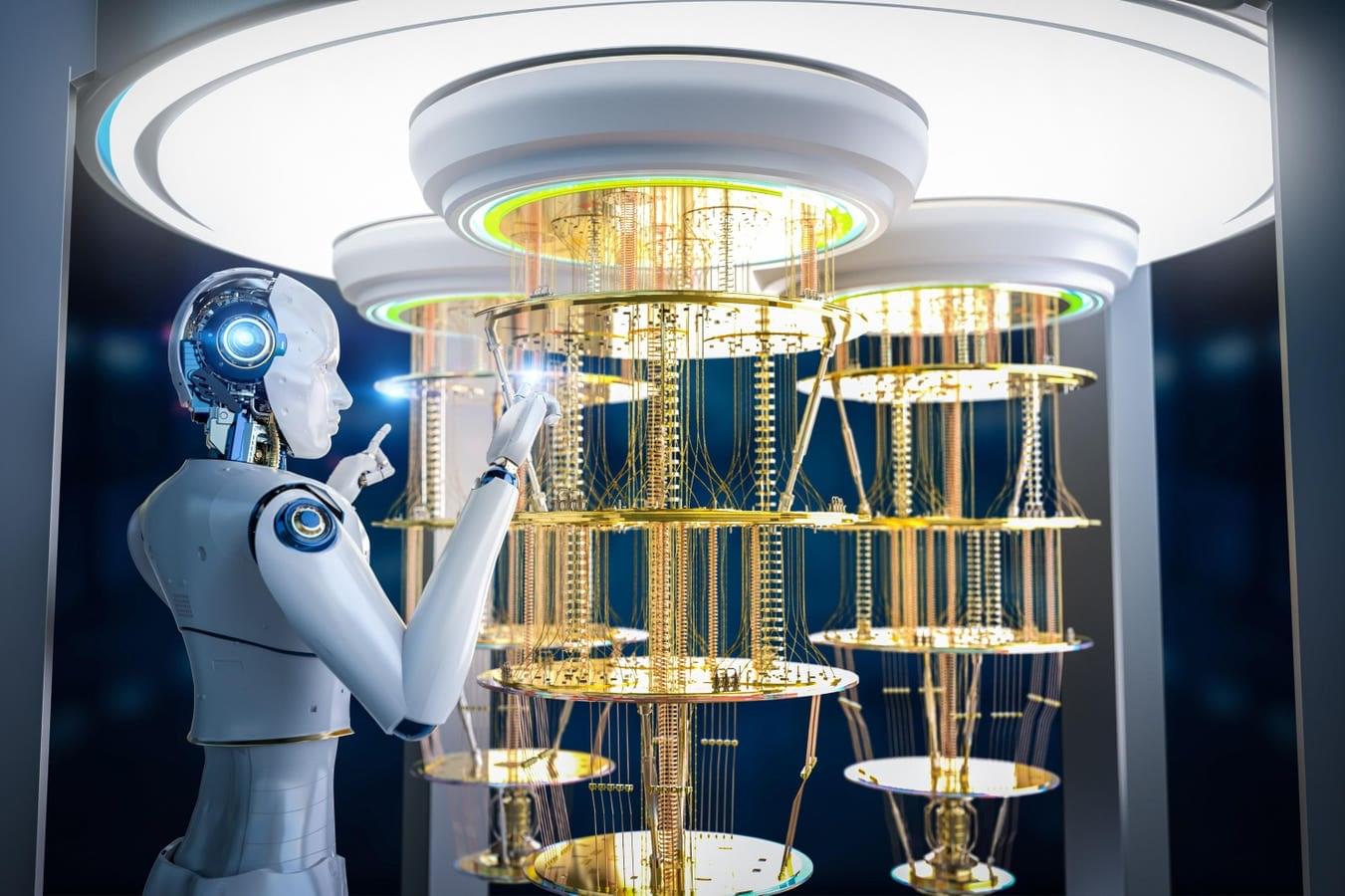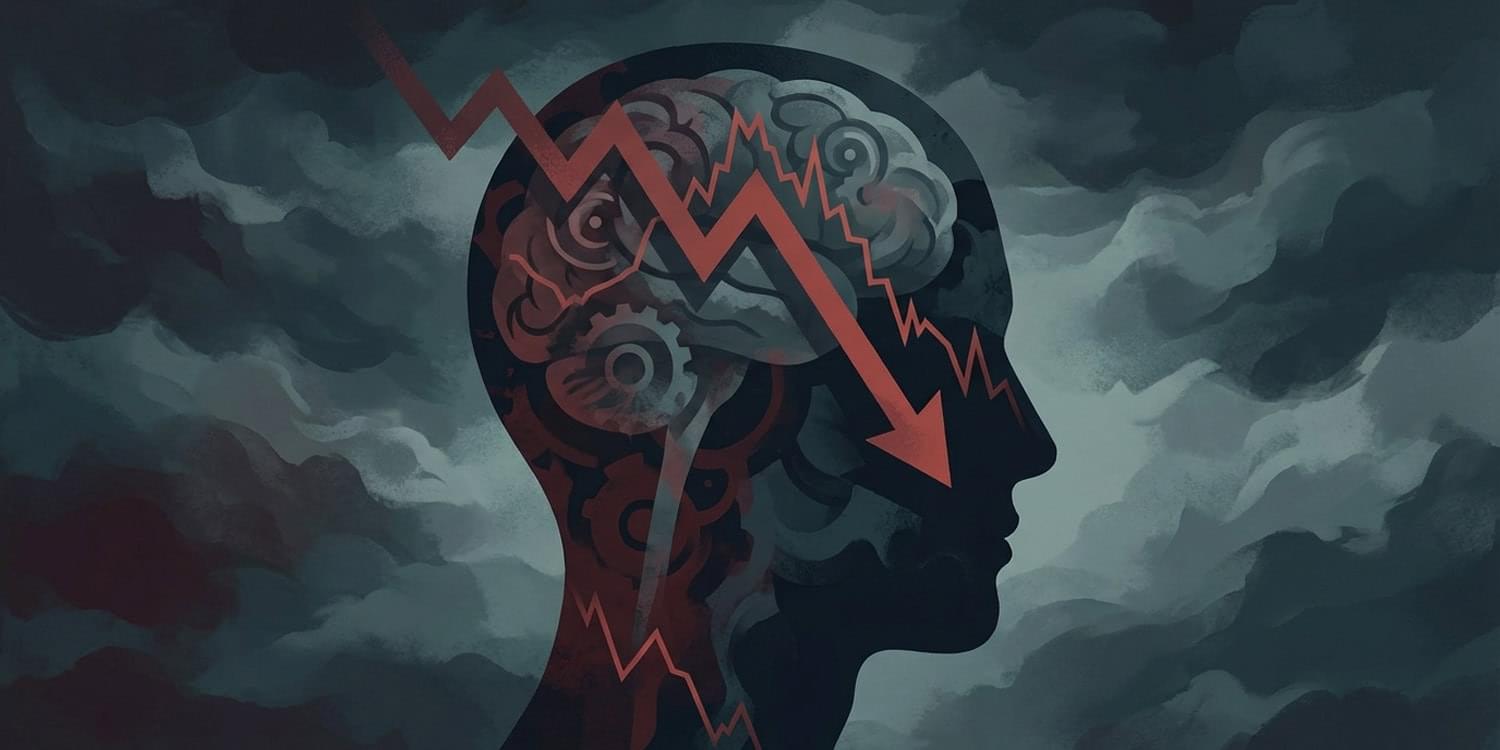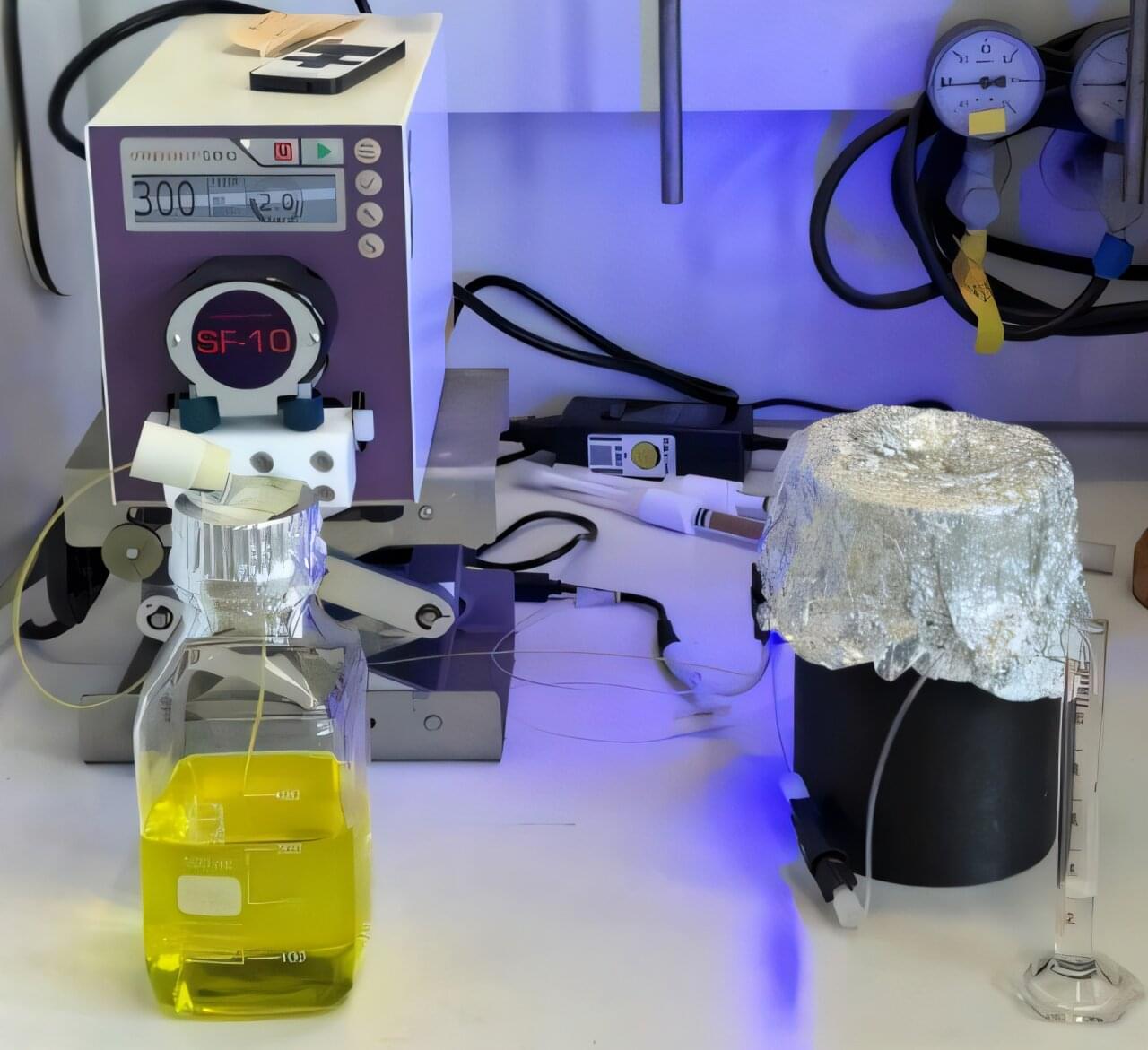Elon Musk’s lawsuit against OpenAI and his own ambitious plans for AI and tech innovations, including new devices and massive growth for his companies, are positioning him for a major impact on the tech industry, but also come with significant challenges and risks ## Questions to inspire discussion.
Legal Risk Management.
🔍 Q: How does the discovery process threaten OpenAI regardless of lawsuit outcome?
A: Discovery forces exposure of sensitive internal information including Greg Brockman’s 2017 diary entries revealing intent to become for-profit and violating prior agreements with Elon Musk, creating reputational damage and investor uncertainty even if OpenAI wins the case.
⏱️ Q: Why is lawsuit timing particularly damaging to OpenAI’s competitive position?
A: The lawsuit hits during OpenAI’s massive capital raise preparation, forcing delays in fundraising and implementation that allow competitors like Google and Anthropic to advance while OpenAI falls behind, similar to how Meta became less relevant in the AI race.


